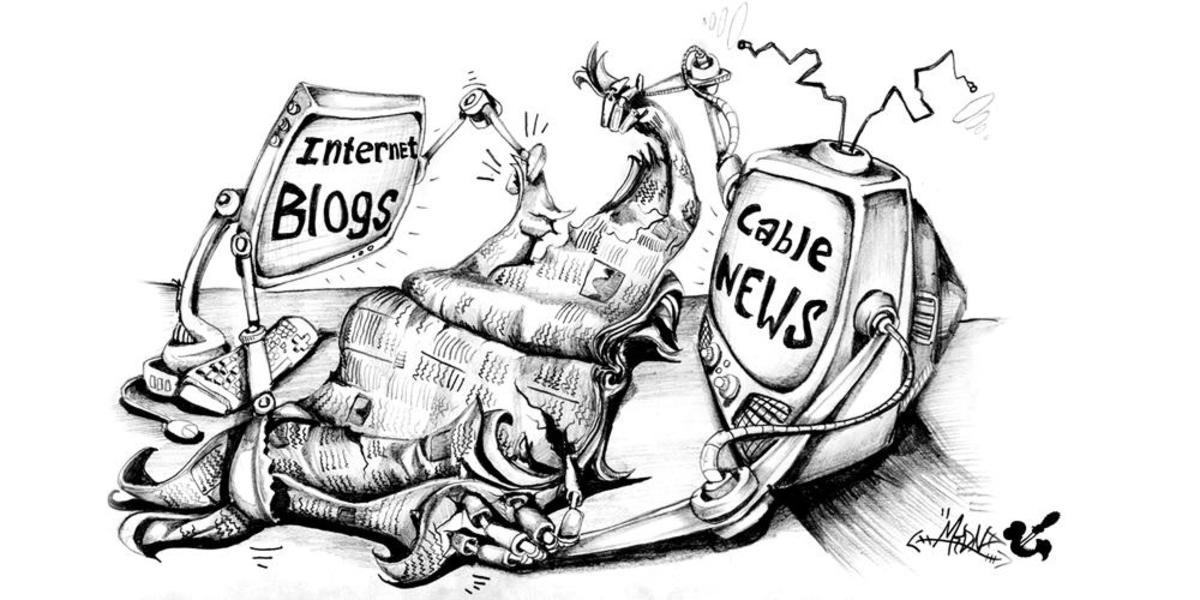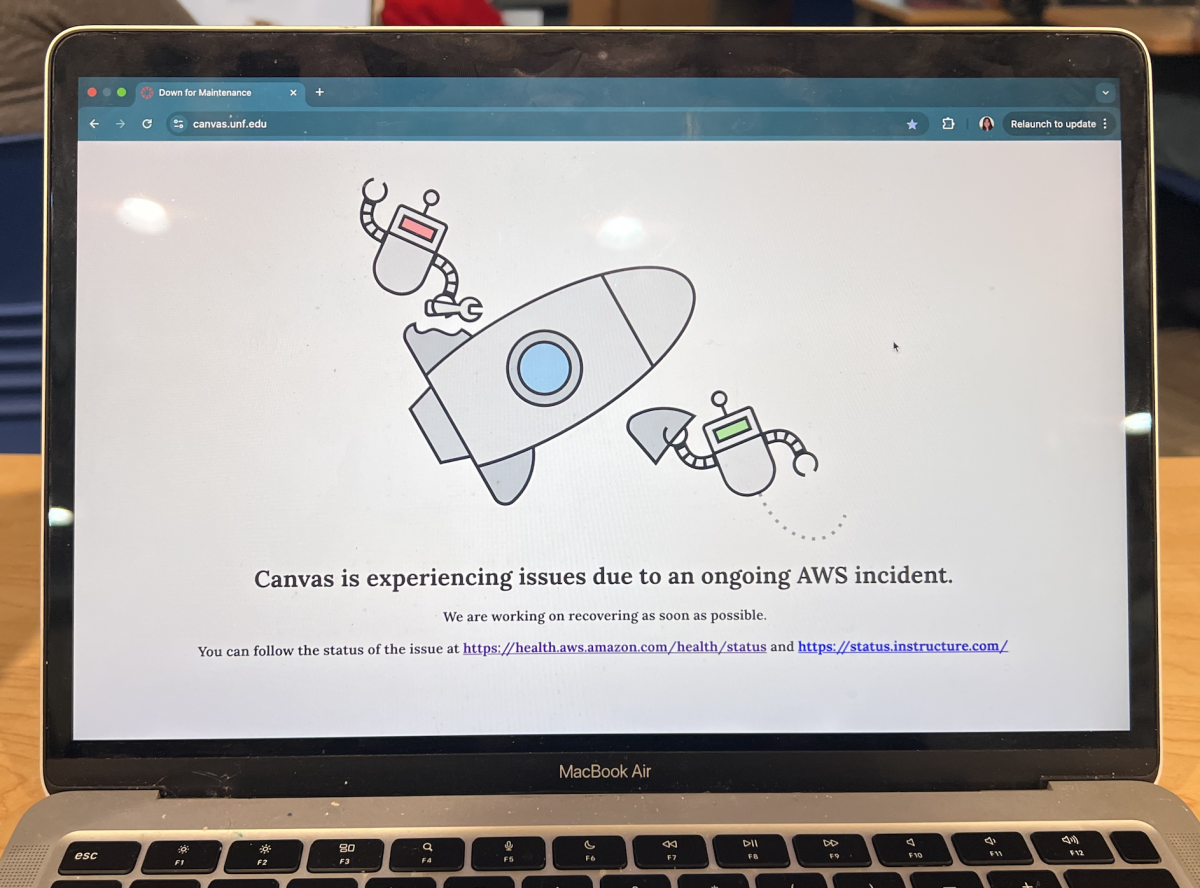 Journalism students are reminded daily how doomed they and the printed word are – it happens in relative secrecy in small computer labs in this very institution.
Journalism students are reminded daily how doomed they and the printed word are – it happens in relative secrecy in small computer labs in this very institution.
Each morning, 20 to 25 students band together in an anonymously under-funded classroom to lament the sad state of affairs of the print media industry with salty professors who know the uphill battle graduates will soon face.
Outdated materials are utilized in a curriculum that aspiring writers are told will be obsolete in the coming years (which likely won’t matter since they’re told there won’t be a job waiting for them in the business anyway).
Professors, scholars, financial experts and even the media itself warn that due to a decline in readership, especially among the 18- to 35-year-old demographic, the newspaper as we know it is flat-lining.
Combine this with a lack of advertising revenue and failed business models by publishing conglomerates that, in their infinite corporate wisdom, refused to get on board with electronic versions of their publications until it was too late, and you have a recipe for disaster.
But setting the business angle aside, since nearly every industry is feeling the economic crunch in these dark days, the heart of the issue here is convenience for readers. After all, isn’t that why no one reads newspapers anymore? Why put two quarters into a machine and have to fumble around with messy newsprint when it’s easier to just pull out a laptop, make a few clicks and drink up the information overload?
The answer, as executive editor of The New York Times Bill Keller said, is the quality of journalism.
“There is a diminishing supply of quality journalism, and a growing demand,” he said. “By quality journalism I mean the kind that involves experienced reporters going places, bearing witness, digging into records, developing sources, checking and double-checking, backed by editors who try to enforce high standards.”
Newspapers, and more recently their online versions – not blogs, personal Web sites, commentators, radio personalities or pundits – are basically the only source of this unbiased, responsible, refined and structured journalism.
Greater online accessibility and more opportunities for the common man to be heard is a great thing, but not as a substitute for real reporting.
By reading blogs and other non-journalistic outlets for news, readers are chewing on regurgitated fat that is filtered through the subjective lens of the blogger after he or she has pulled the information from a legitimate news source.
As Keller put it: “The wonderful fluorescence of communication ignited by the Internet contains countless voices riffing on the journalism of others but not so many that do serious reporting of their own.”
This is a shame for those who got into journalism because it’s a noble industry that bases itself on objectivity, accuracy and fairness.
But it’s even more of a shame for the readers who settle for inferior content generated by a sweaty guy in his mom’s basement rehashing news from the New York Times.
Next time you decide to ascend to the blogosphere, think twice. Grab a couple of quarters, put them in a newspaper machine and support real journalism because if it dies, so too does the most valuable watchdog we have as a society.











